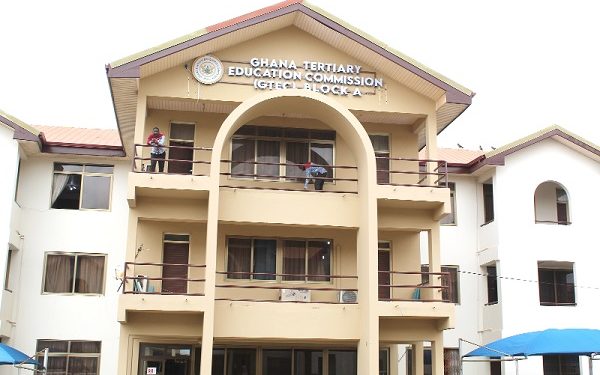GTEC urges CETAG to end strike immediately
The Ghana Tertiary Education Commission (GTEC) has called on the Colleges of Education Teachers Association of Ghana (CETAG) to immediately suspend its strike, citing the negative timing and potential consequences for students and educational institutions.
CETAG embarked on an indefinite strike on January 2, 2025, following unresolved grievances regarding migration onto university pay structures, unpaid compensation for work performed in 2022, and delays in issuing new appointment letters based on audits.
Addressing the issue, GTEC’s Director-General, Ahmed Jinapor Abdulai, described the strike as “highly problematic” and urged CETAG to reconsider its decision, especially since the action coincided with admissions for new students after the recent release of WAEC results.
“We find it extremely unfortunate that you are withdrawing all services at a time when admissions are ongoing. This essentially means a shutdown of colleges of education, which GTEC strongly opposes,” Abdulai remarked.
He acknowledged CETAG’s frustrations but emphasised that significant resources and efforts had already been devoted to addressing their concerns, including extensive collaboration with the Fair Wages and Salaries Commission.
The Director-General reiterated GTEC’s commitment to resolving all outstanding issues, including the full migration of college staff onto university pay structures, which has been in progress for several months.
CETAG’s strike has disrupted teaching, project supervision, and administrative duties in colleges of education nationwide.
Students preparing for the upcoming academic year have been particularly affected, raising concerns about the long-term impact on their educational progression.
In a statement, GTEC urged CETAG to prioritise dialogue and return to work while discussions continue, assuring the association of its dedication to achieving a mutually beneficial resolution.
“The commission is resolute in improving conditions for educators while safeguarding the academic future of our students,” Abdulai concluded.



